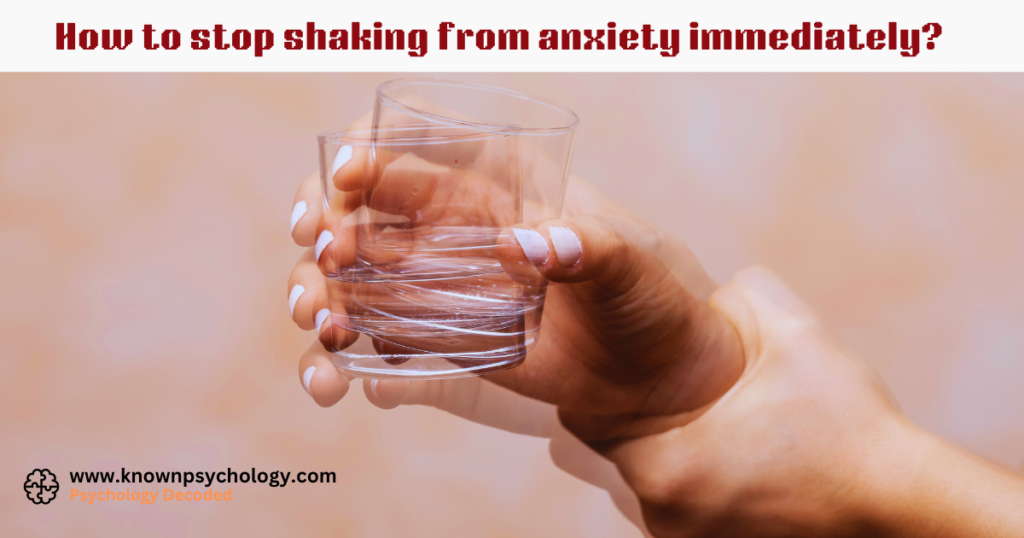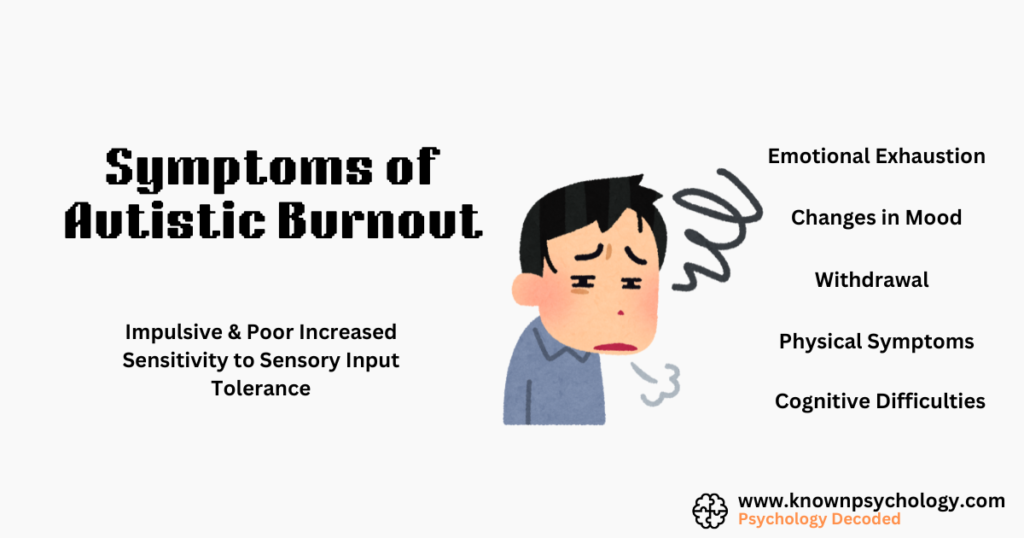Imagine realizing you need to cut back on alcohol. Maybe you’re drinking more than you want. Or perhaps your doctor suggested it. Stopping cold turkey can be dangerous. Abrupt alcohol cessation can lead to alcohol withdrawal. Managing mild to moderate alcohol withdrawal symptoms safely at home is possible. Knowing when to seek professional help is vital. The most extreme symptoms of withdrawal encompass delirium tremens, hallucinations, and seizures. These symptoms arise from disruptions in brain chemistry caused by alcohol, leading to heightened neuronal activity when alcohol consumption is stopped.

Understanding Alcohol Withdrawal
Alcohol withdrawal happens when someone suddenly stops drinking after heavy use. The body has adjusted to alcohol’s constant presence. Stopping throws everything out of whack. Withdrawal ranges from mild anxiety to severe complications.
What is Alcohol Withdrawal Syndrome (AWS)?
Alcohol Withdrawal Syndrome (AWS) involves symptoms occurring after stopping or reducing heavy alcohol use. This happens because alcohol changes brain chemistry. When drinking stops, the brain goes into overdrive. This imbalance causes AWS.
Stages and Severity of Alcohol Withdrawal
Withdrawal symptoms usually start within hours of the last drink. They often peak within 24-72 hours. Mild symptoms include anxiety and shaking. Severe cases can involve delirium tremens (DTs). DTs cause hallucinations and seizures.
Risk Factors for Severe Alcohol Withdrawal
Certain things increase the risk of severe withdrawal. These include a history of severe withdrawal. Co-occurring medical conditions also play a role. High alcohol consumption is another factor. The more you drink, the greater the risk of serious issues.
Preparing for At-Home Alcohol Withdrawal Treatment
Planning is crucial before attempting at-home detox. Professional guidance should be sought. Don’t just jump into it.
Consulting a Healthcare Professional
See a doctor. Get a medical evaluation to ensure at-home management is safe. Rule out any underlying health issues. A doctor can assess your situation and give advice.
Creating a Safe and Supportive Environment
Having a sober support person is essential. Remove all alcohol from your home. Create a calm environment to help you relax.
Stocking Up on Essentials
Gather necessary supplies. These include hydration drinks and nutritious food. Also get over-the-counter medications. Be sure they are approved by a doctor. Comfort items are also important.
Managing Alcohol Withdrawal Symptoms at Home
You can ease common withdrawal symptoms with practical strategies. Staying comfortable can make a difference. Let’s look into the best ways to deal with these symptoms.
Hydration and Nutrition
Electrolyte balance is crucial. Replenish nutrients by drinking plenty of fluids. Good choices include water, sports drinks, and herbal teas. Eat easily digestible foods, like broth-based soups.
Over-the-Counter Medications and Supplements
OTC pain relievers might help with headaches. Anti-nausea medications can reduce upset stomach. Make sure a doctor approves them first. Supplements like B vitamins can also be helpful.
Relaxation Techniques and Mindfulness
Deep breathing exercises can reduce anxiety. Meditation can bring calm. Try gentle yoga to ease restlessness.
Recognizing When to Seek Professional Medical Help
Knowing when to get medical help is critical. Don’t hesitate to seek help if needed. It’s better to be safe than sorry.
Severe Withdrawal Symptoms
Hallucinations, seizures, or a high fever are serious signs. Severe confusion or persistent vomiting also require immediate care. Call for help if any of these occur.
Lack of Improvement or Worsening Symptoms
If symptoms don’t improve, seek medical help. If they worsen despite home management, intervention is crucial. Don’t wait it out if things are getting worse.
Co-occurring Medical Conditions
Individuals with heart problems or diabetes need close medical supervision. Withdrawal can complicate these conditions. Professional help ensures safety.
After Alcohol Withdrawal: Maintaining Sobriety
Ongoing support is vital to prevent relapse. Staying sober is a process, not an event. Use all available resources to improve your outcome.
Therapy and Counseling
Therapy helps address underlying issues. Individual or group sessions are valuable. Develop coping mechanisms to manage cravings.
Support Groups (AA, SMART Recovery)
Join support groups for peer support. Alcoholics Anonymous (AA) and SMART Recovery can provide accountability. Sharing with others helps.
Lifestyle Changes and Relapse Prevention Strategies
Avoid triggers. Develop healthy habits. Build a strong support network. These steps reduce the risk of relapse.
Conclusion
Managing mild alcohol withdrawal at home is possible. Professional guidance is crucial. Recognize when medical help is needed. Recovery is possible. A healthier future awaits.
Mariam holds an MS in Sociology with a specialization in Medical Sociology and Social Psychology. With a strong academic background and extensive research work in both fields, she brings depth and clarity to complex topics. Her writing explores the intersection of society, health, and the human mind, making academic ideas easy to grasp and relevant to everyday life.


